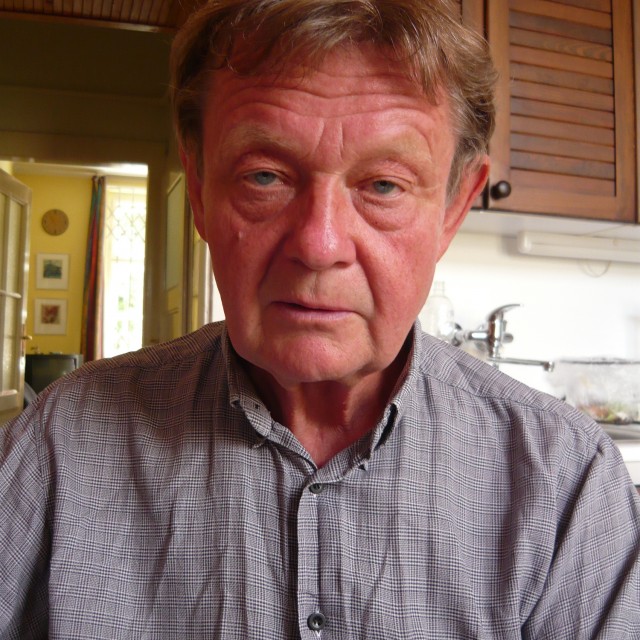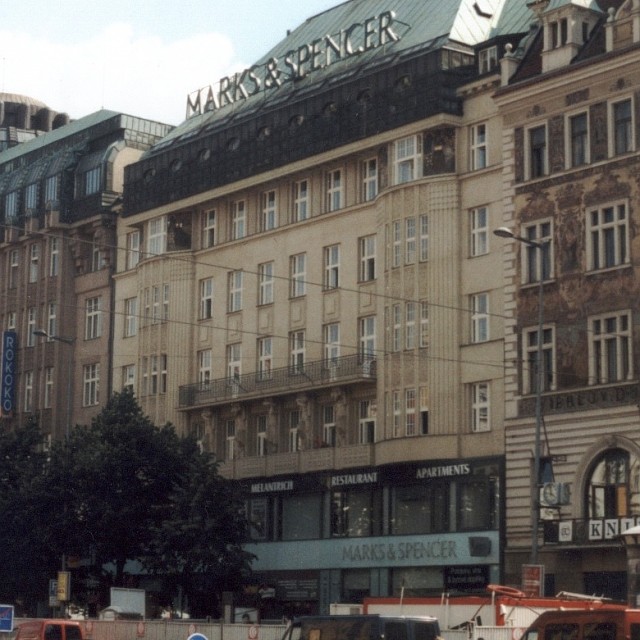Silence United Us More Than Speeches
During the revolutionary days of November 1989, Vladimír Merta, one of the most famous singer-songwriters of the eighties, found himself in the crammed Wenceslas Square, on the balcony of the Melantrich Palace. “I played the song ‘Kecy’ (Piffle), opening lyrics of which are: ‘Jsem špatný člověk, který slouží dobré věci, kecy, kecy, kecy…(I am a bad person that serves the right cause, piffle, piffle, piffle…).’ For a while, we sang the refrain ‘kecy’ quietly; I had asked the people to do so to show that we are disciplined. The crowd was whispering and my eyes were filled with tears. That frightening, tense silence united us more than any speeches could. Then all of a sudden, everyone started to sing up. They were blasting away like if they wanted to show that no one could change our minds; that we knew how to scream. The sound rumbled through the Wenceslas Square in all directions! When I was forcing my way out through the crowd, no one clapped me on the back nor said something like ‘you played well’ or something similar, like it was usual at the concerts. No one was interested anymore. The people were so full of their newly found freedom. The era of singer-songwriters as intermediaries, as catalysts of moods, was over. Paradoxically, I realized that few hours after I had played for the biggest audience in my life.”
Hodnocení
Hodnotilo 0 lidí
Routes
Not a part of any route.
Comments
No comments yet.




